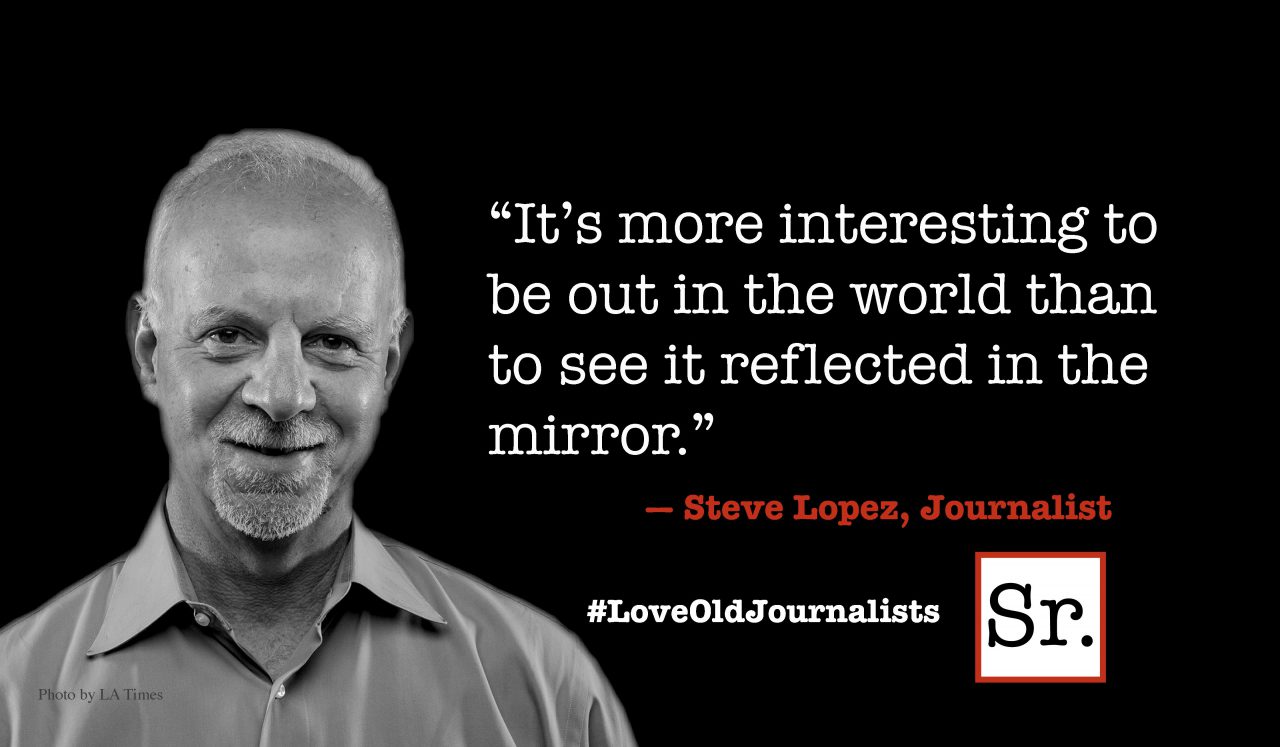Some eight years ago when President Obama was pushing for the Affordable Care Act, one of his big talking points was how the system would be financed by the savings from an integrated electronic health data system. Obama's idea was simple in concept: if patient medical information could be input into a central system, this would avoid the need for multiple input of data. Furthermore, if all providers could access the central system, the patient's information would be accessible by them all.
The trouble is, it hasn't worked the way it was supposed to, according to an article by Galen Gruman.
One central problem is that the ACA didn't require from the beginning a single program for all providers to use to input data, and nothing has mandated that providers share gathered information with other providers. Instead, every hospital group and related physicians appear to have their own system, and the collected data isn't willingly share with providers outside the system, even if the patient consent to the sharing. I have seen this happen constantly. I go to Doctor A and he is connected with Hospital H. But if I then go to Doctor B (connected with Hospital J) the information is not shared. Even more distressing, I find, is the fact that other doctors connected with Hospital H do not appear to consult the Hospital H information. For example, every time I visit a physician connected with Hospital H, that physician requires me to fill out a new form, duplicating the information already in the system.
One of the problems with the sharing of information is the federal HIPAA regulations that govern patient privacy. Galen Gruman notes that, "Most HIPAA forms you sign have a clause that allows the provider to release your medical data to others involved in treating you. But that's all on paper. If you have an accident in Boston but live in Maine, that Boston ER needs proof from your Maine doctor that you consented to sharing your information. That usually happens by fax, which can delay treatment. (There are some exceptions for emergencies, but the burden of proof is on the provider that it was an emergency.)”
Why should there be such rigidity? Personally, I'm quite happy to have my doctors share information about me between themselves, because I figure this will improve my treatment.
The HIPAA regulations are blamed for the unwillingness of many doctors to send patient information by email, even to the patient himself. This makes absolutely no sense. Lawyers appear to have no problem communicating by email, even when the information is private, and doctors should have no more problems than lawyers.
If we moved towards a single-payer health system, that might get some of these problems fixed. If the government were paying all health costs and the money to make sure the payments were coming from ordinary taxes, there would be an immediate need to reduce the costs of the electronic data system. Having a unified system for collecting, accessing and saving data would be immediately seen as sensible and important. But as things stand now, obtaining such a system isn't happening. For one thing, there are several large data collection services, and each one jealously guards its own system in order to protect its own profits. None wants to share its system for fear that it will lose profits.
One might recall that in the early days of the railroads, there were many different track widths, which made it impossible for trains from one system to travel on another system. In the 1870s, nearly two dozen gauges were used throughout the U.S. It wasn't until 1886 that the railroads arrived at an agreement and standardized their tracks so that long distance transport became generally feasible. (The government mandated a standard size for the transcontinental railroads funded in 1863, and some other railroads — but not all — followed those rules). If we are going to have a unified electronic health data system, it's inevitable that the government must step in and find a way to require such unification.









